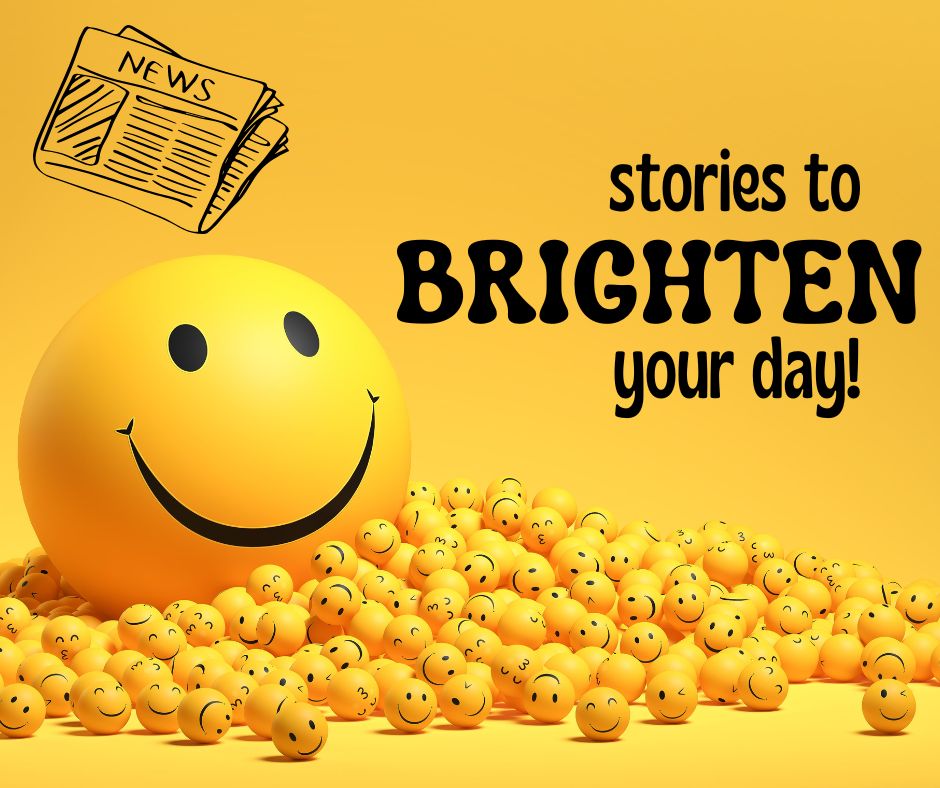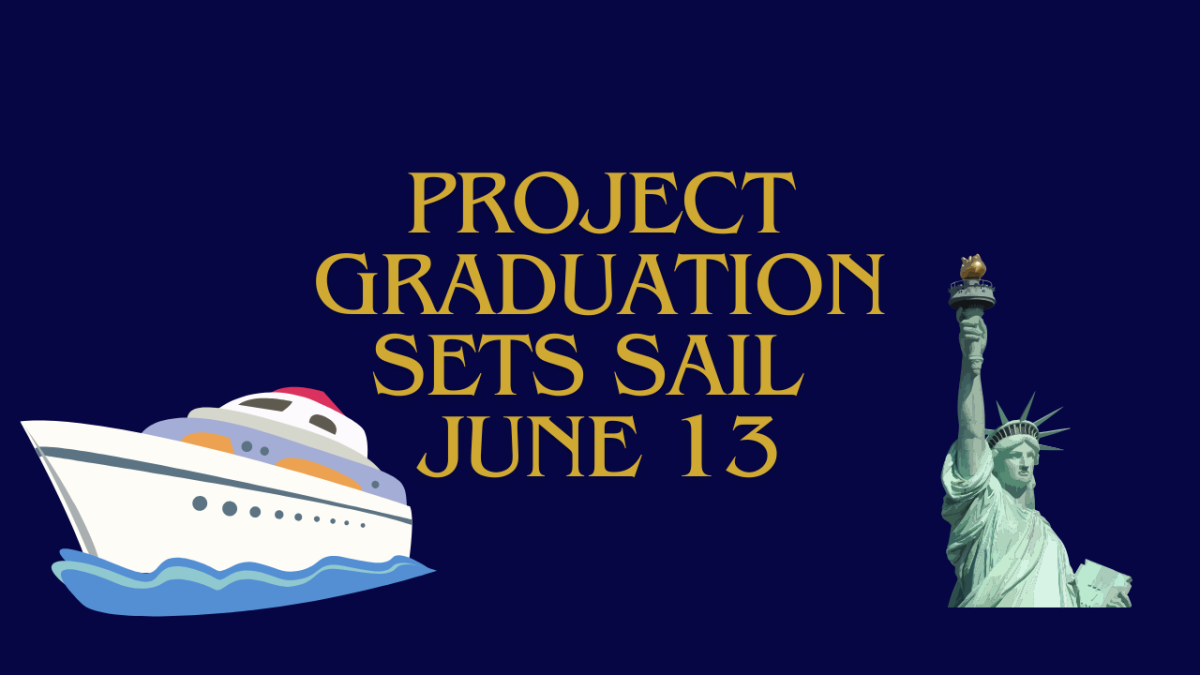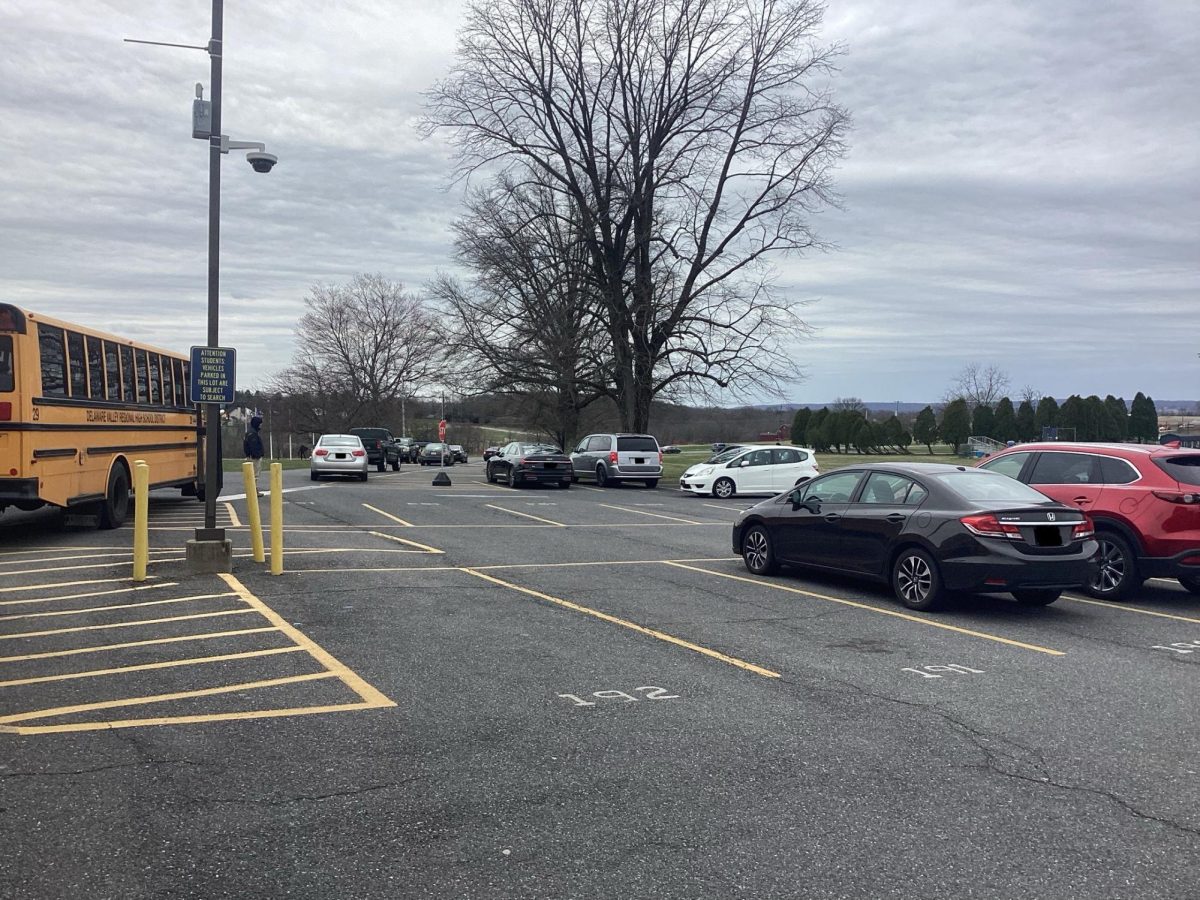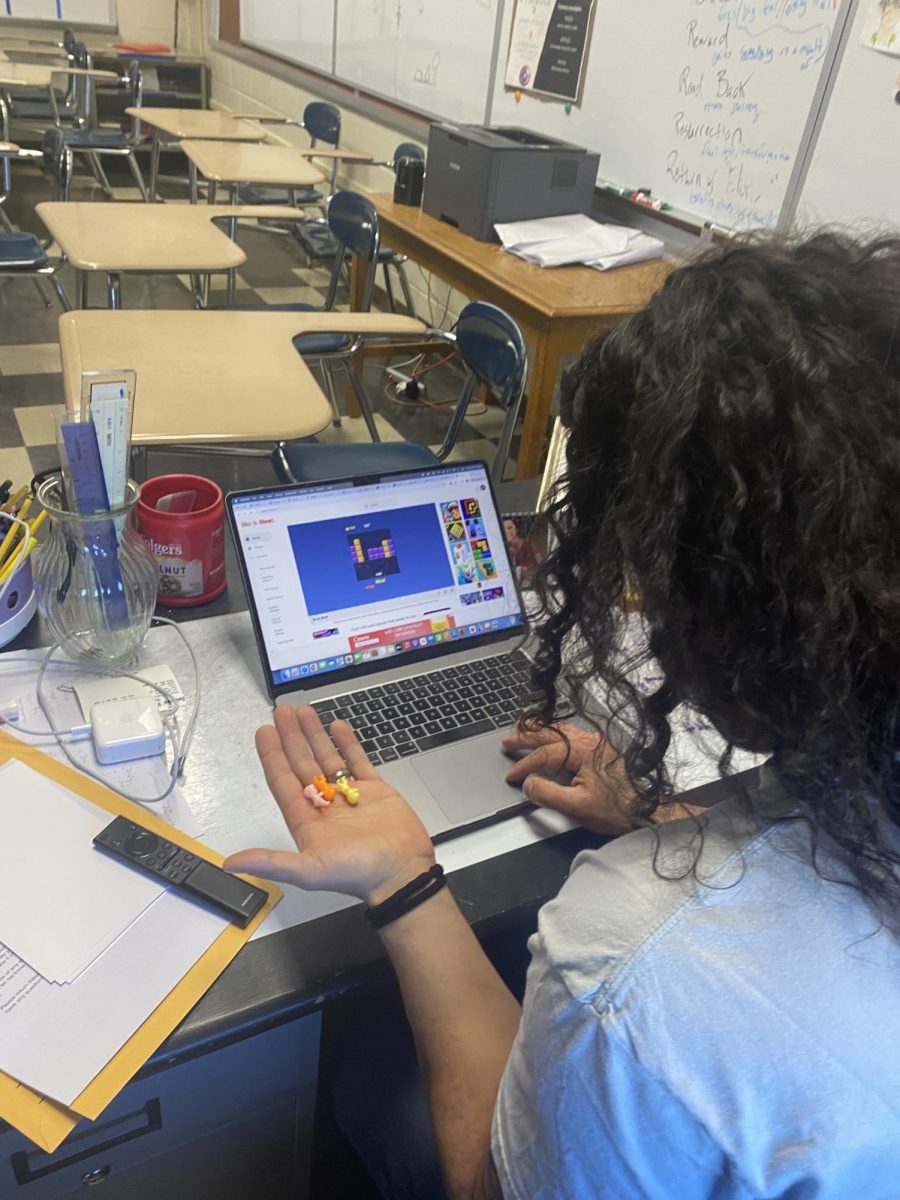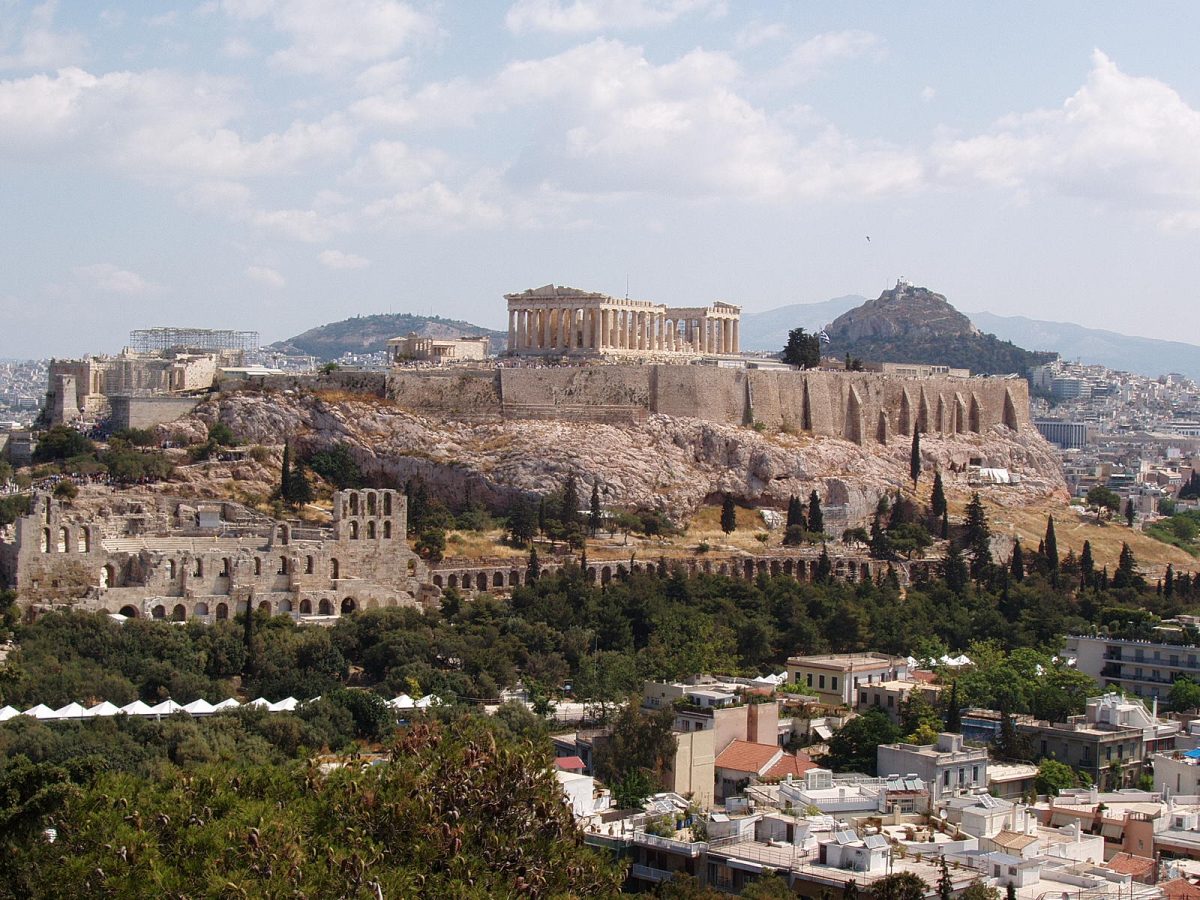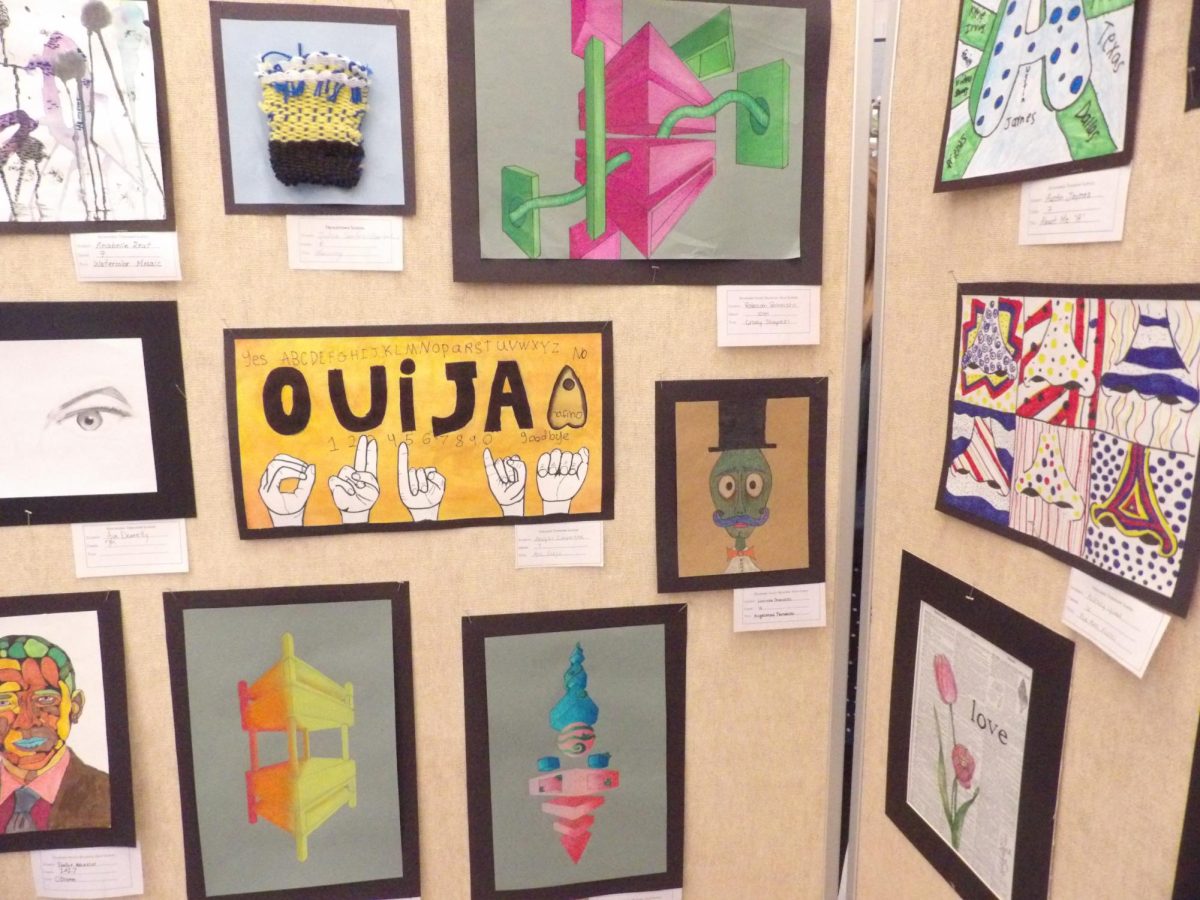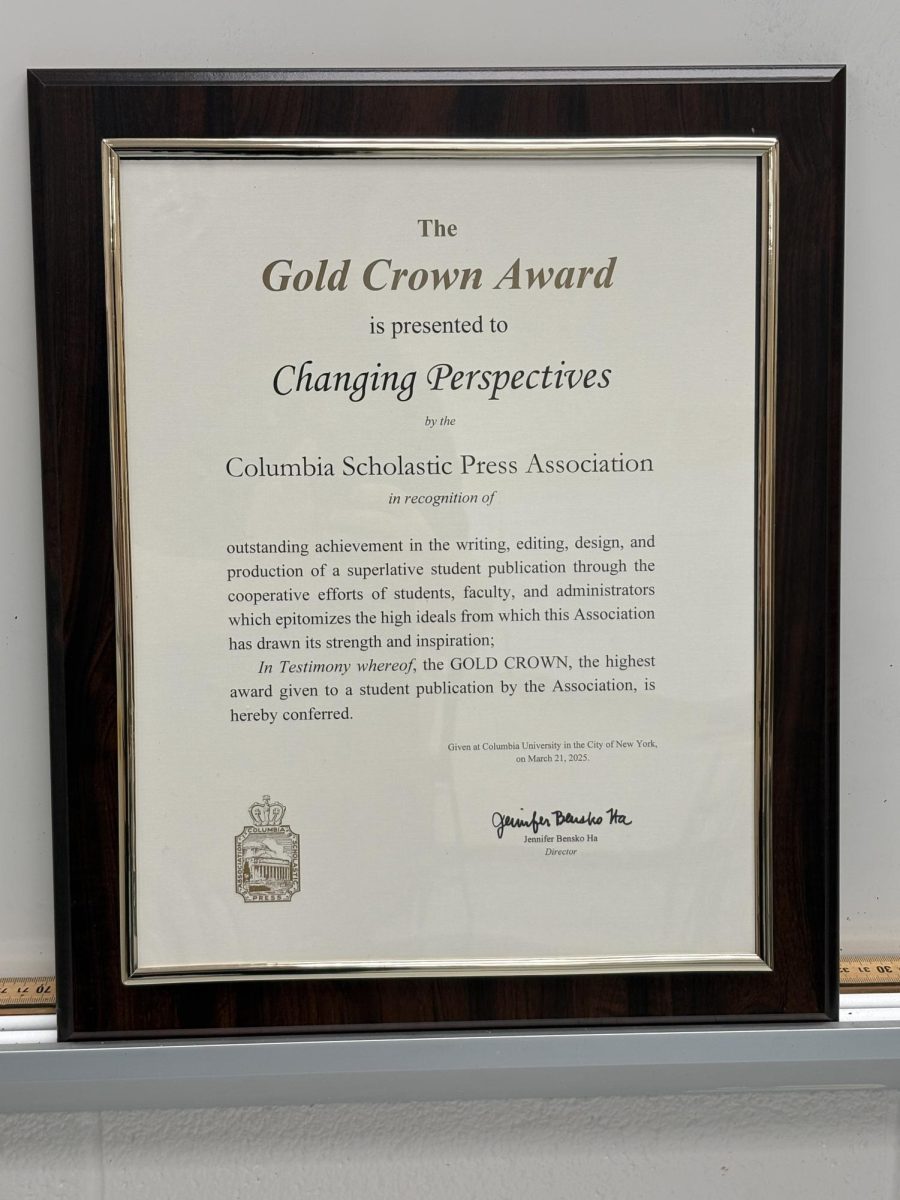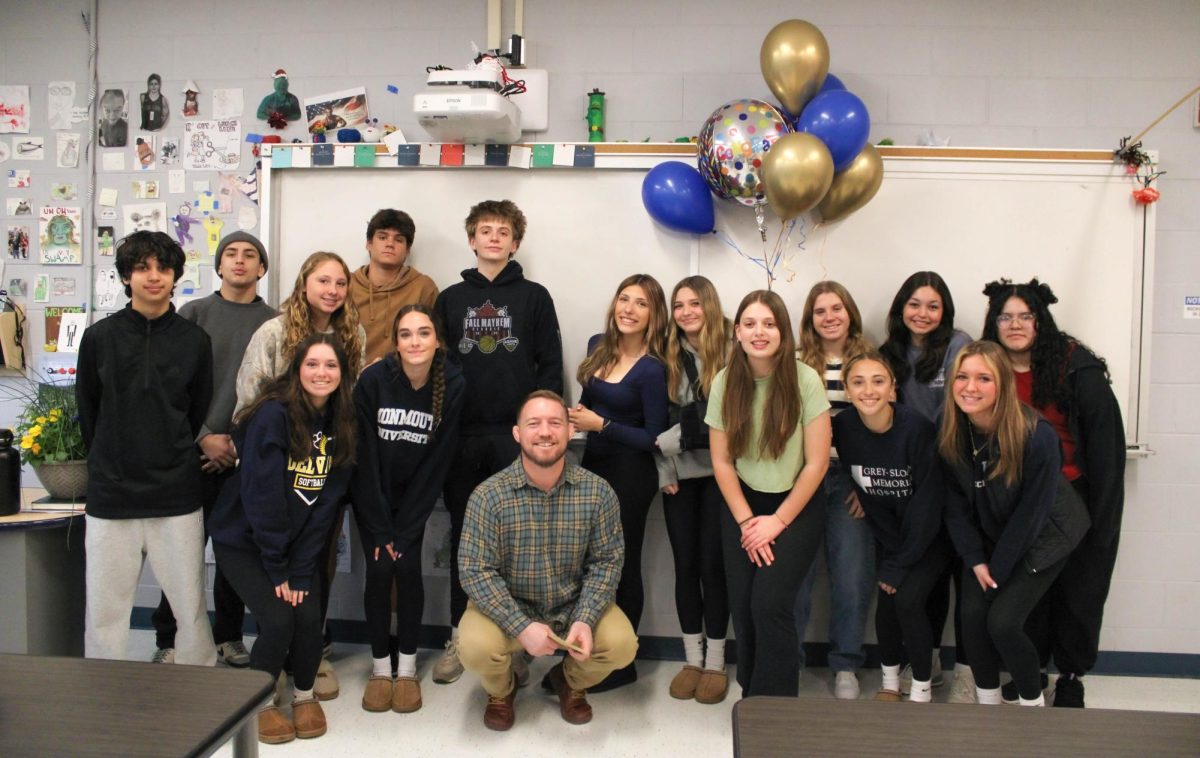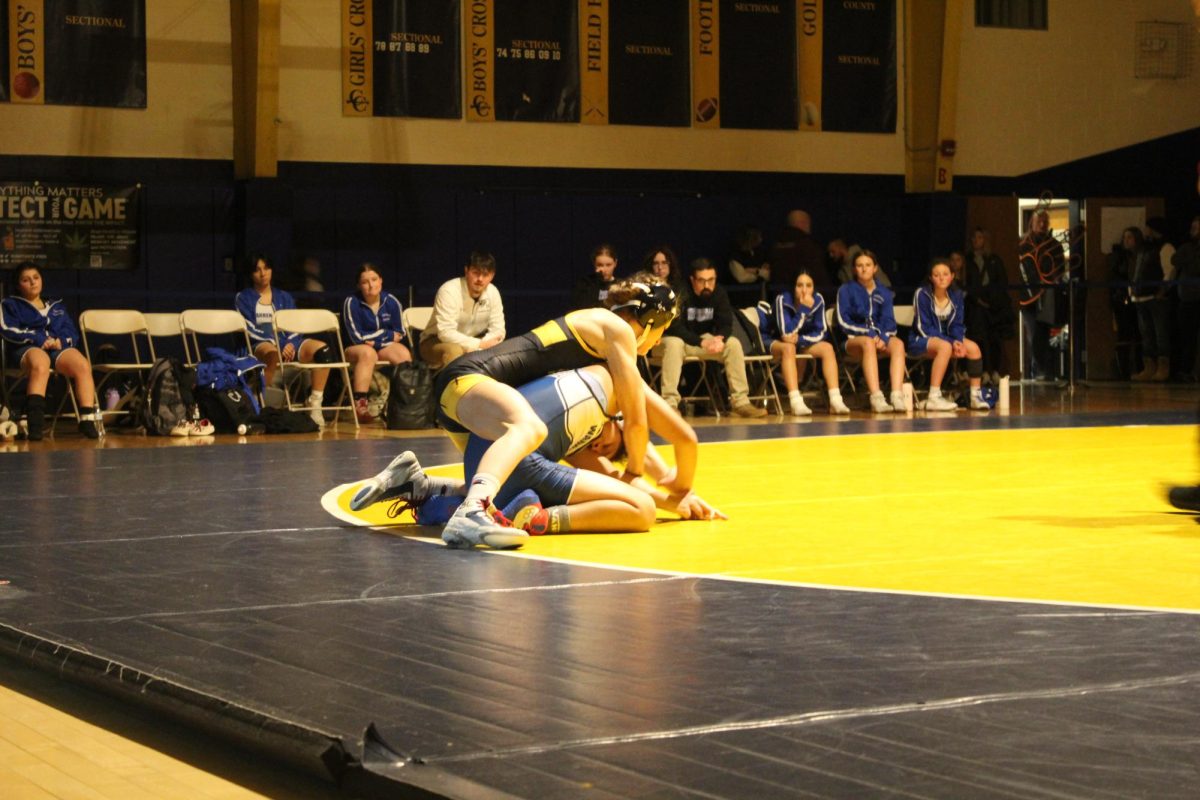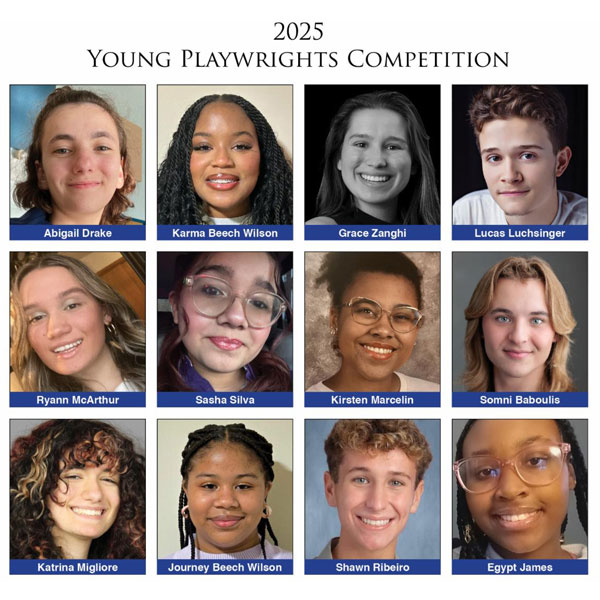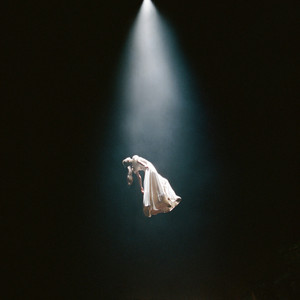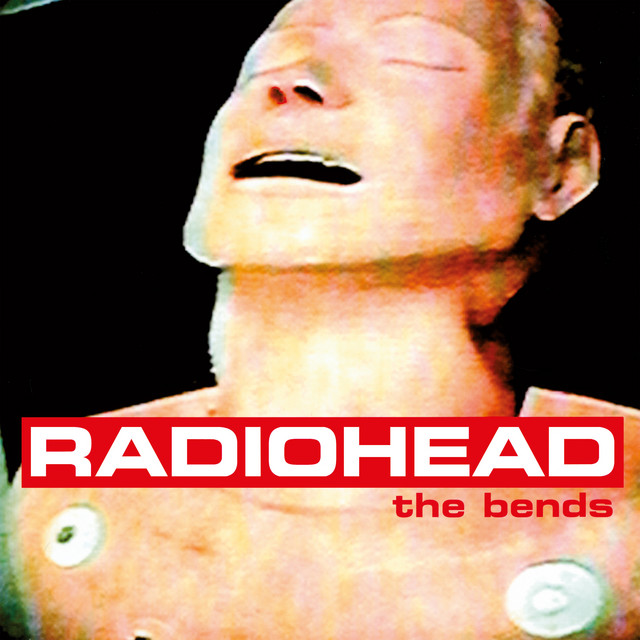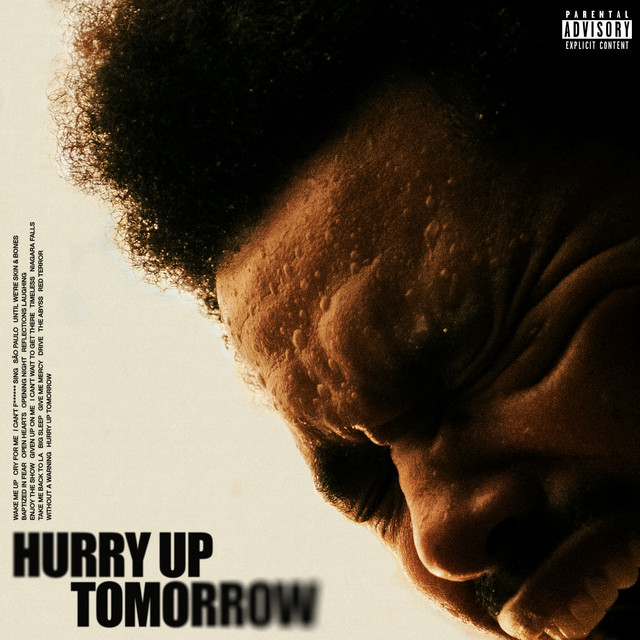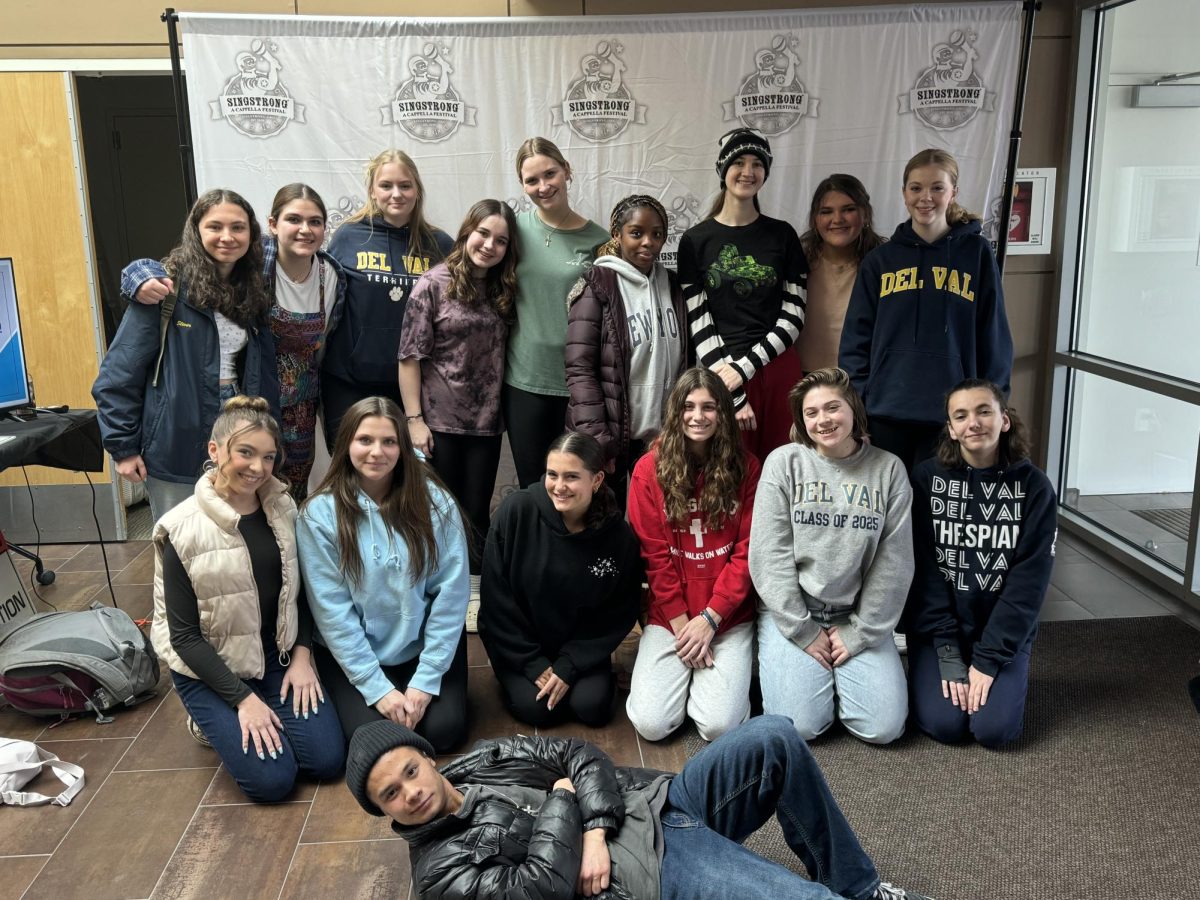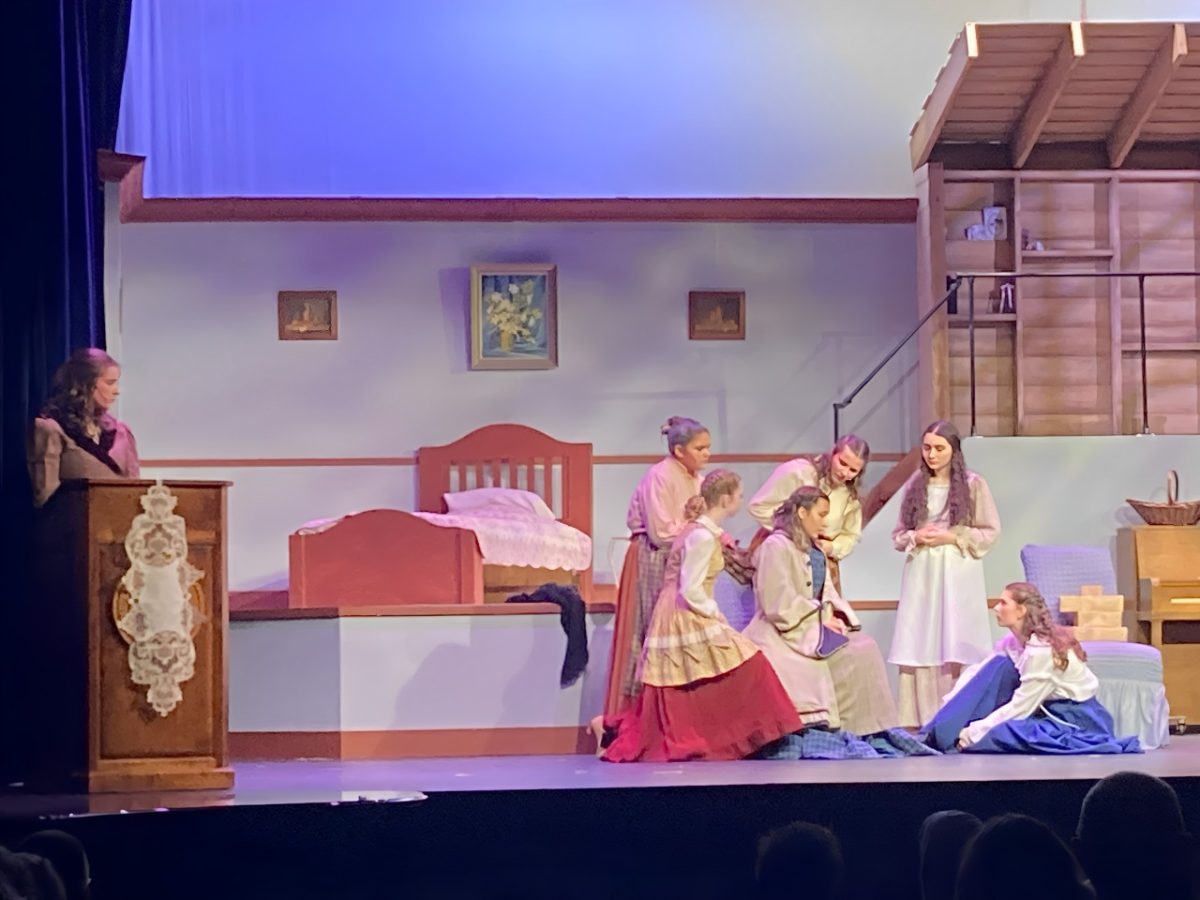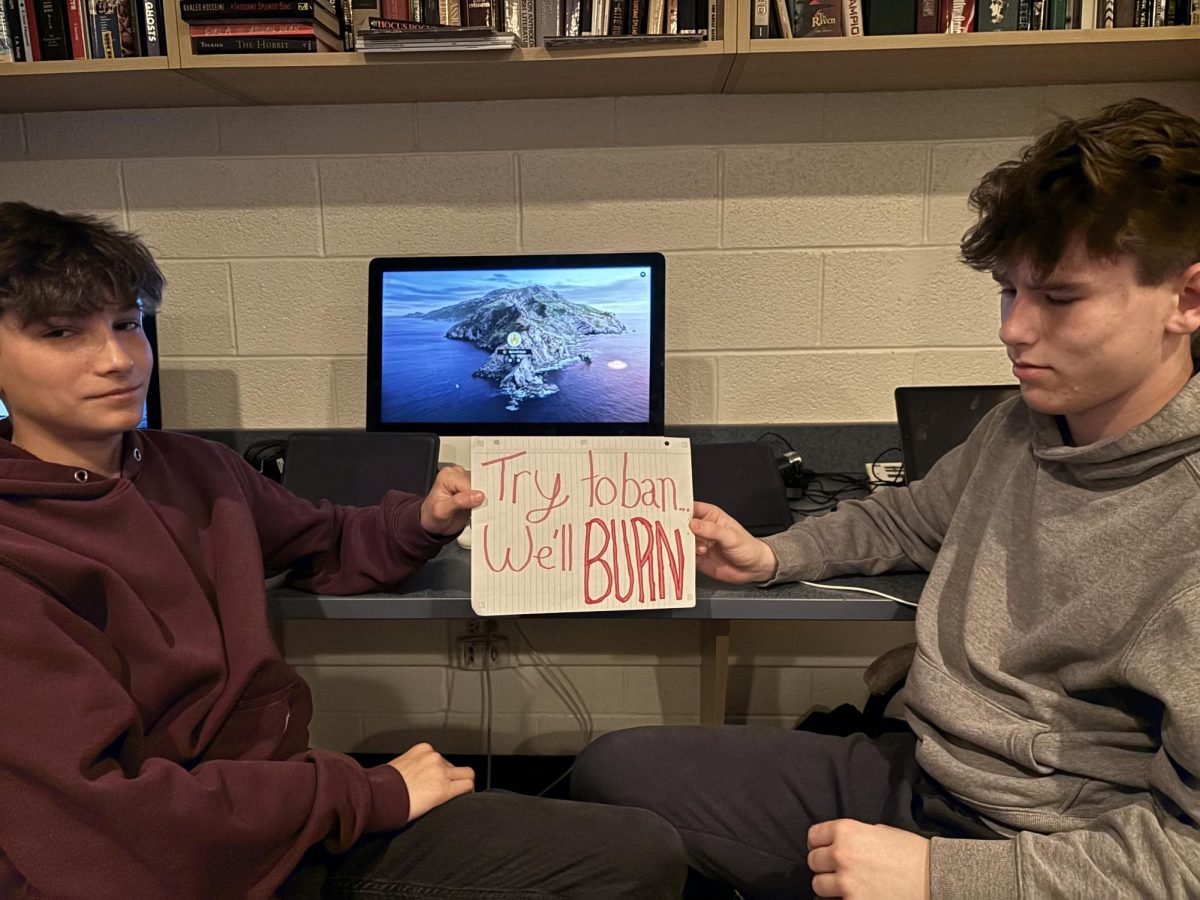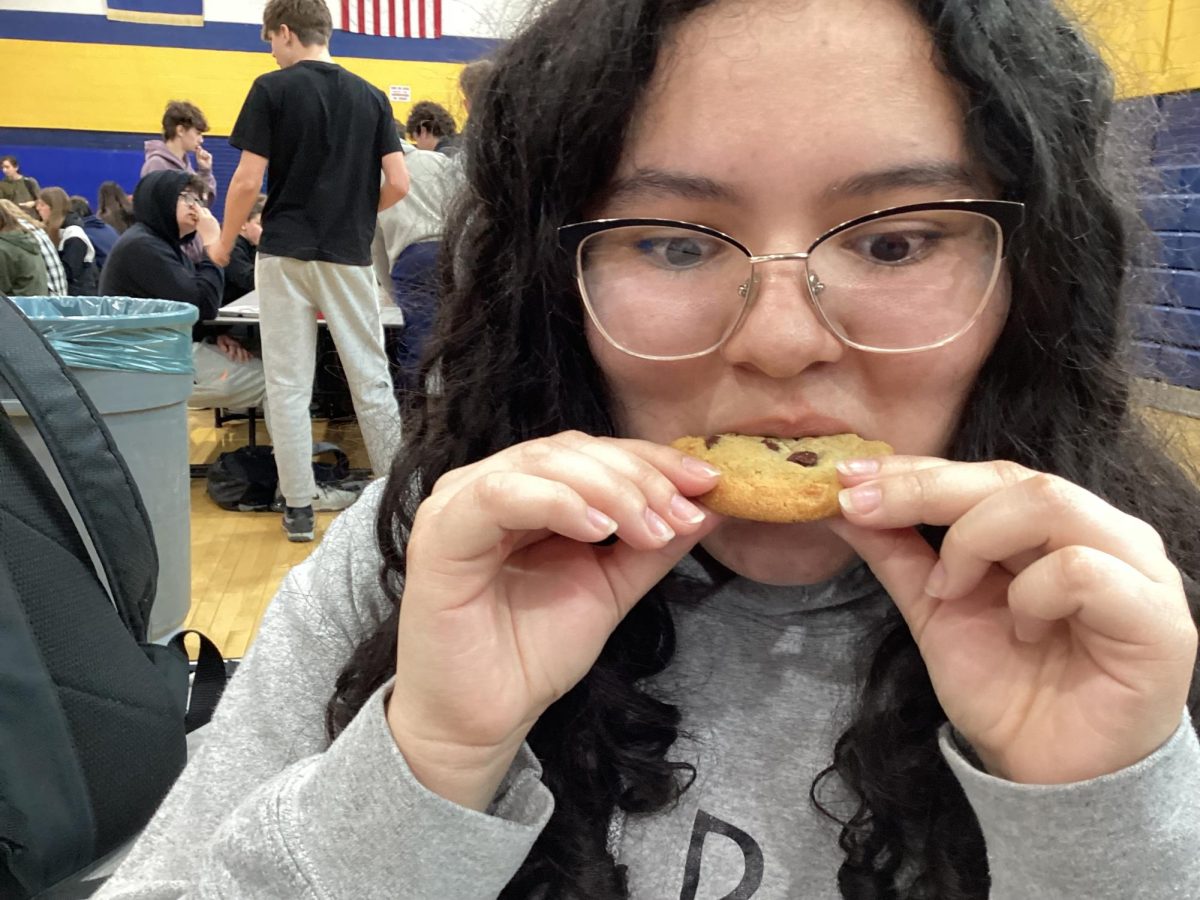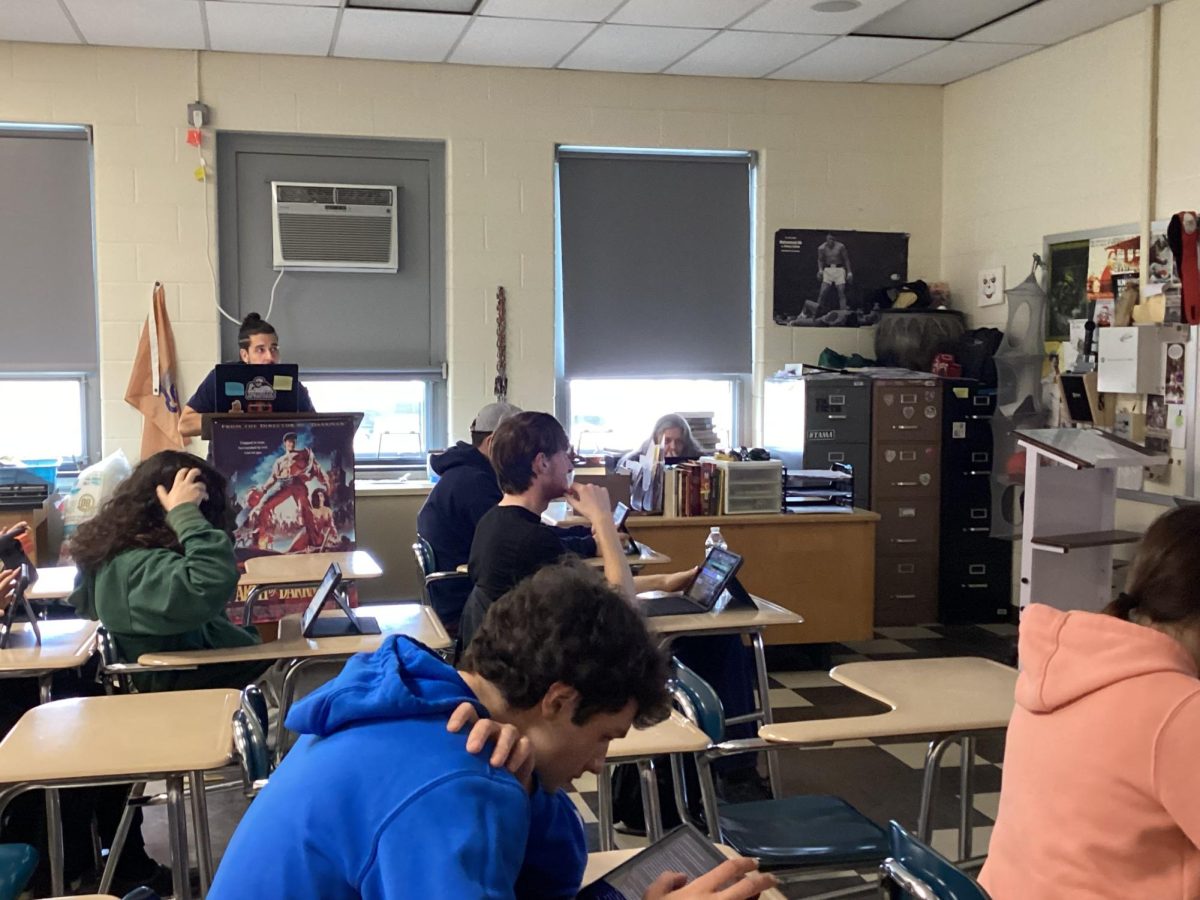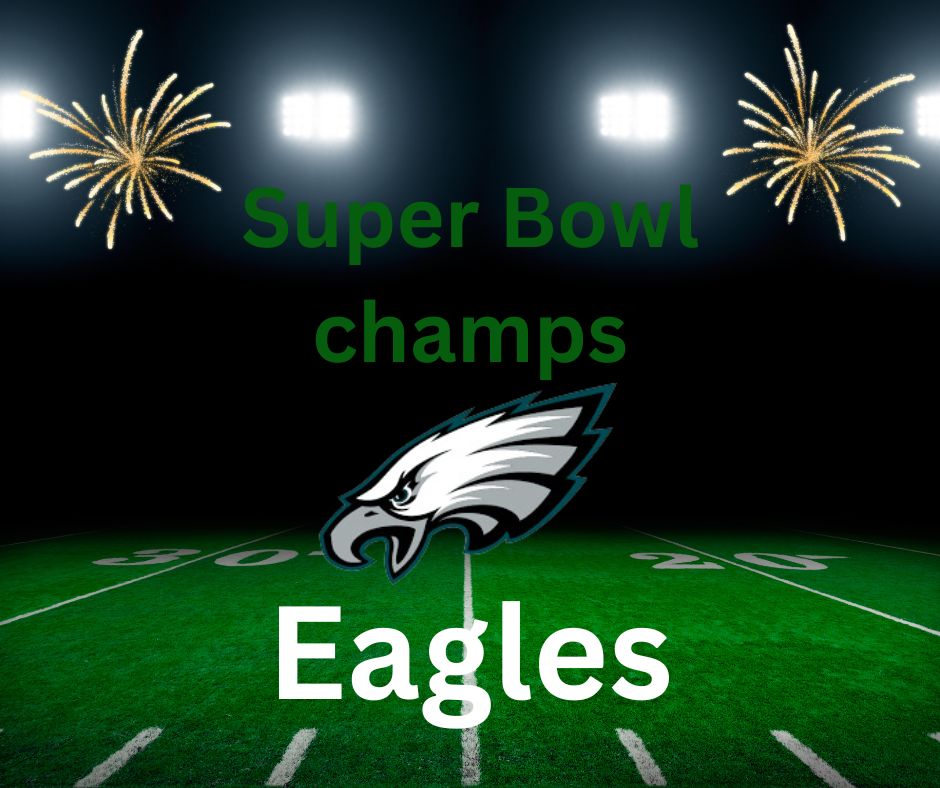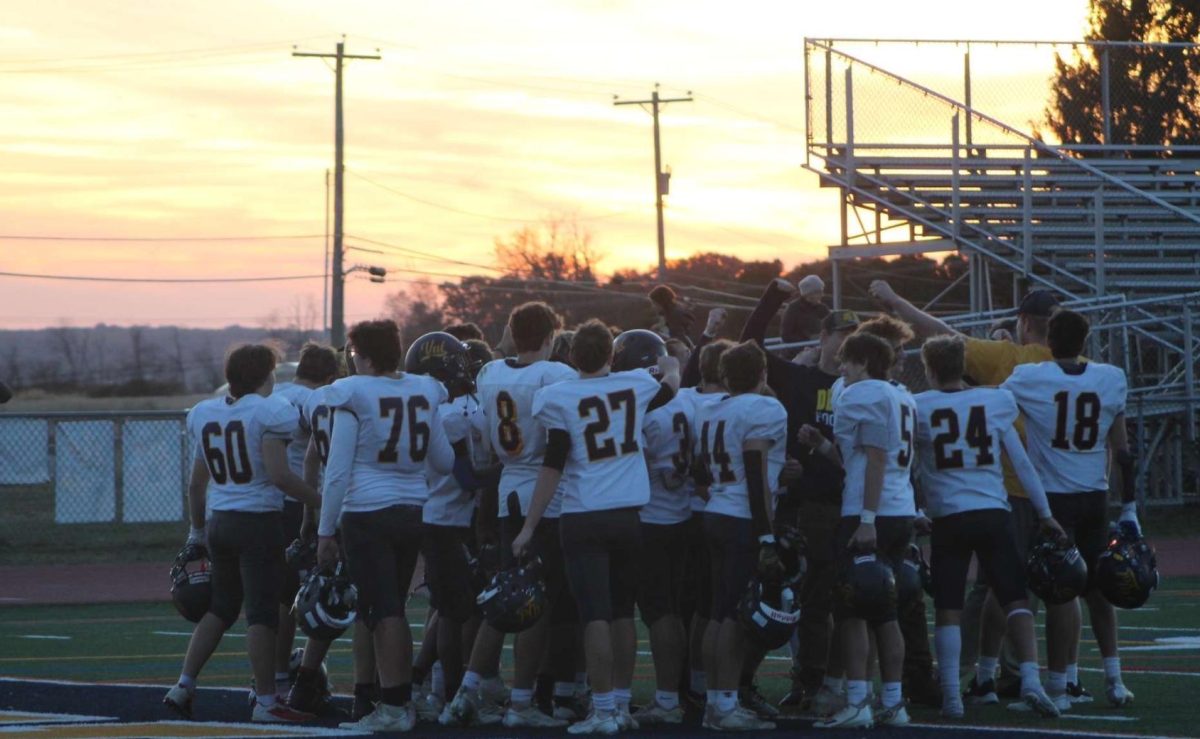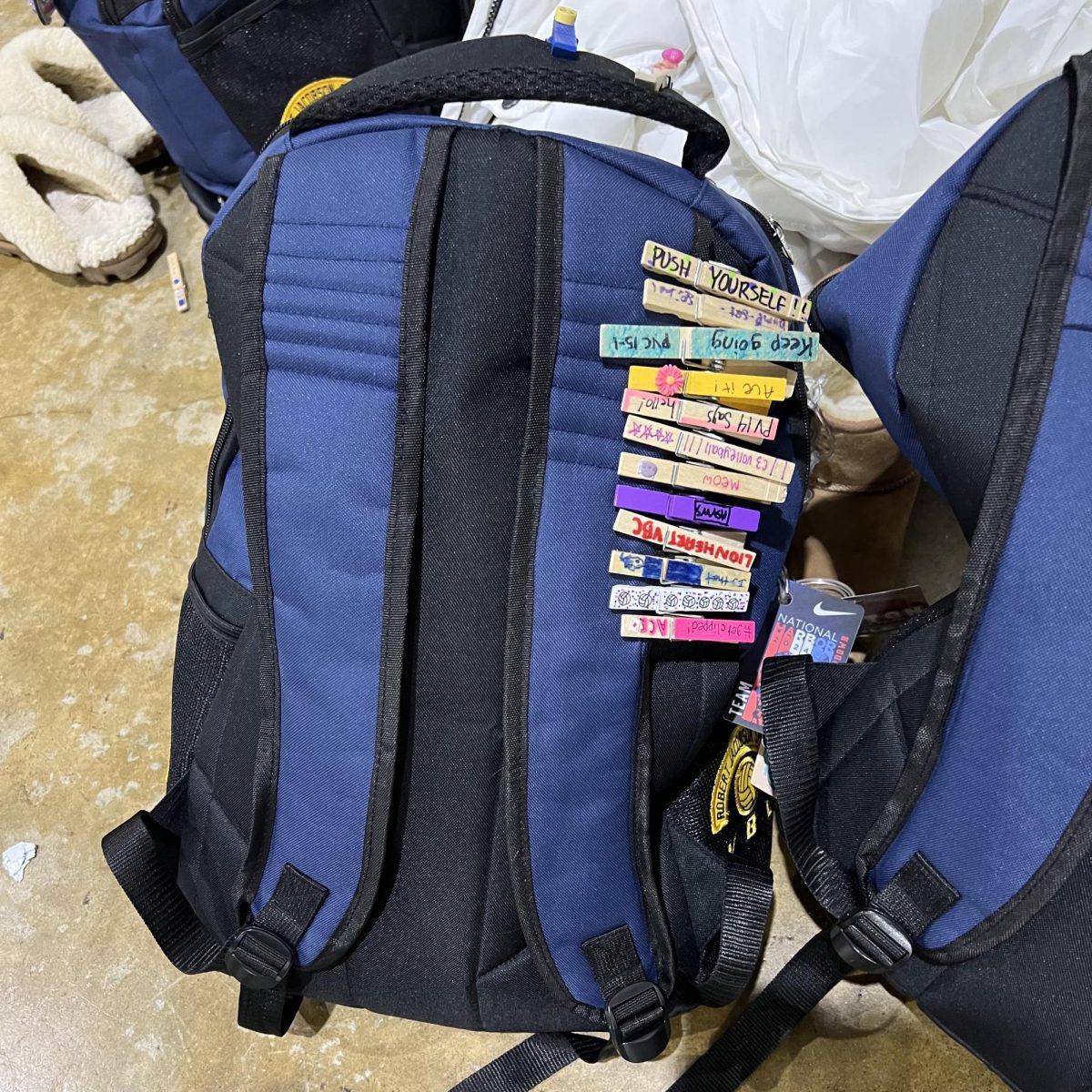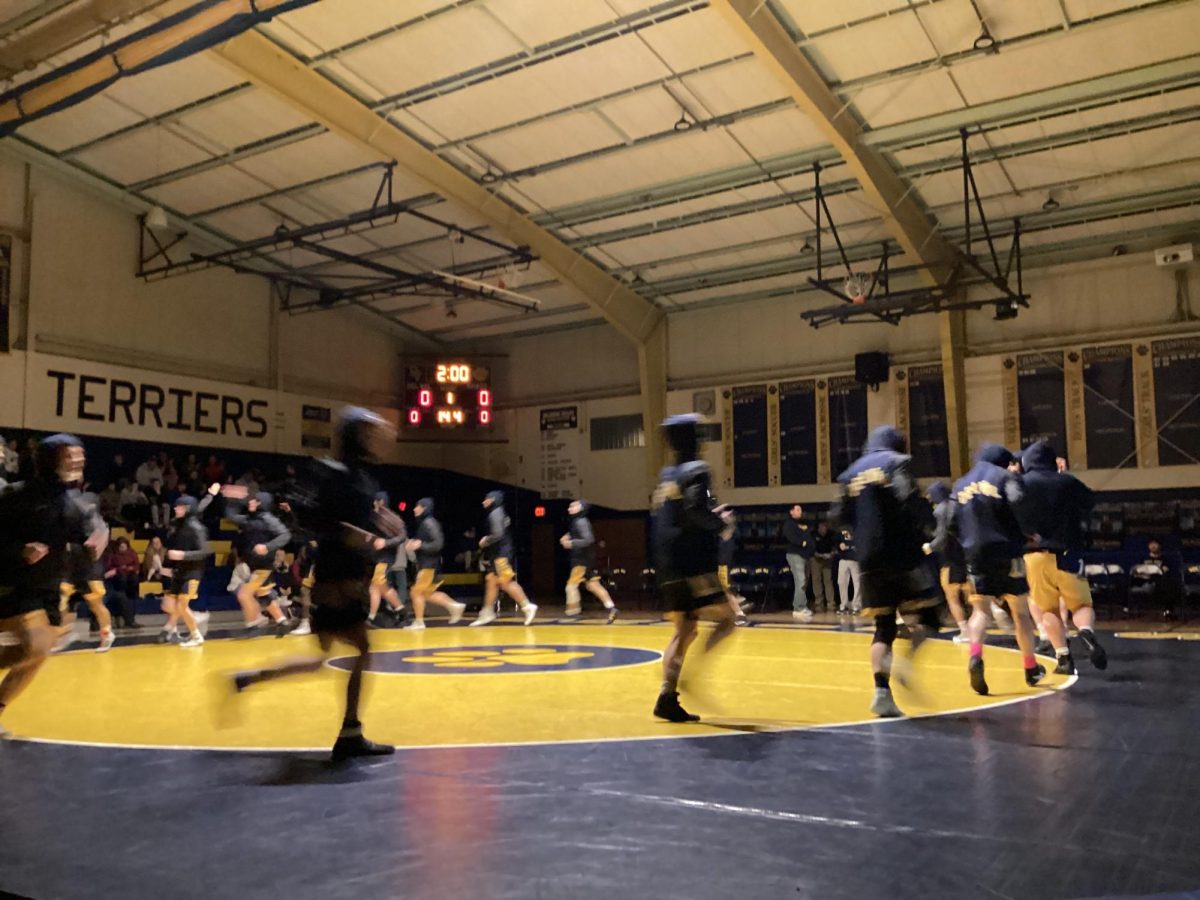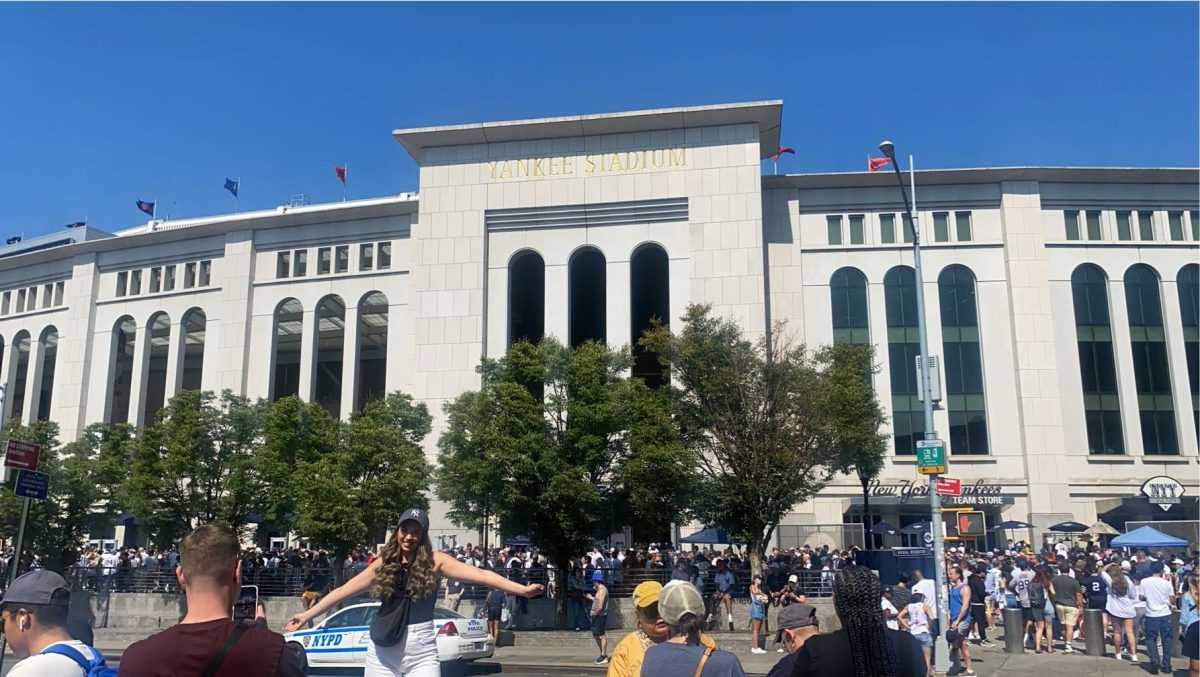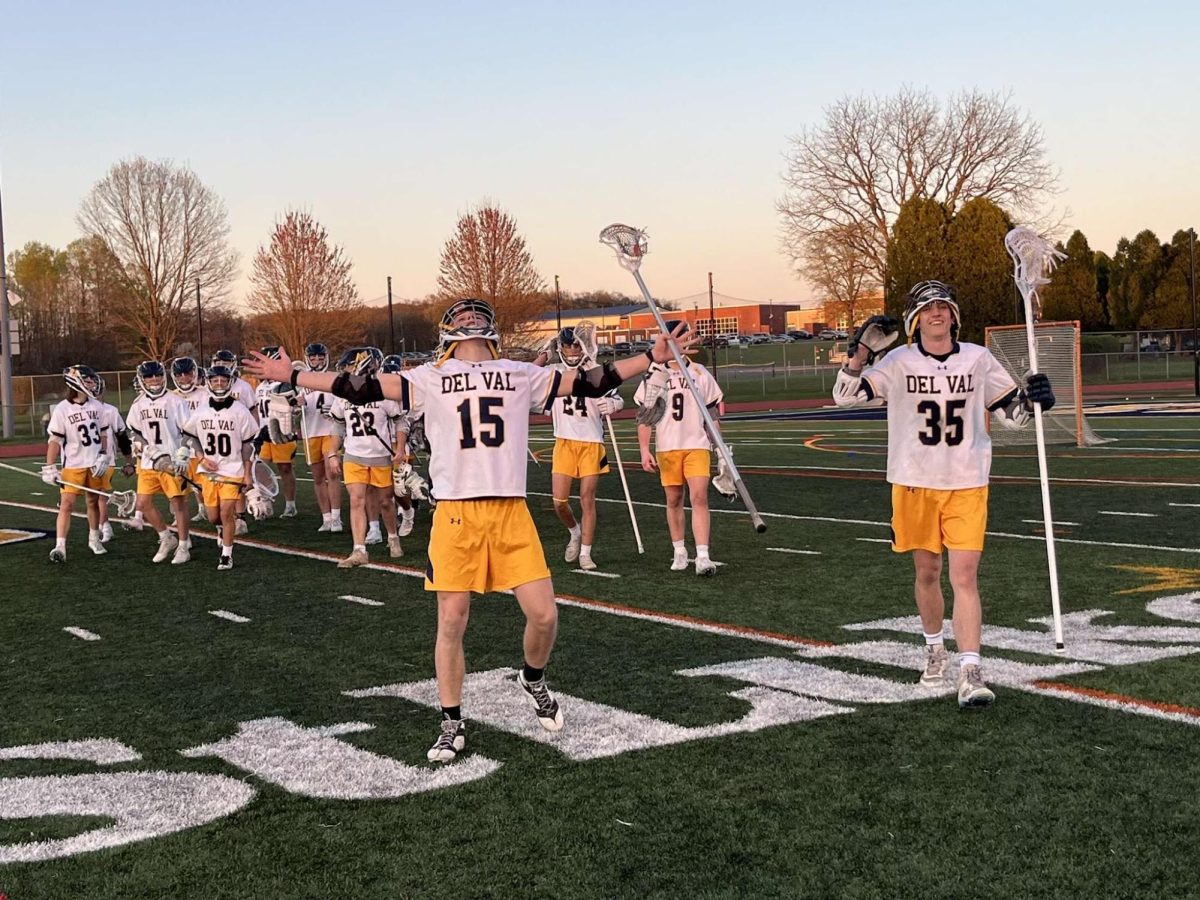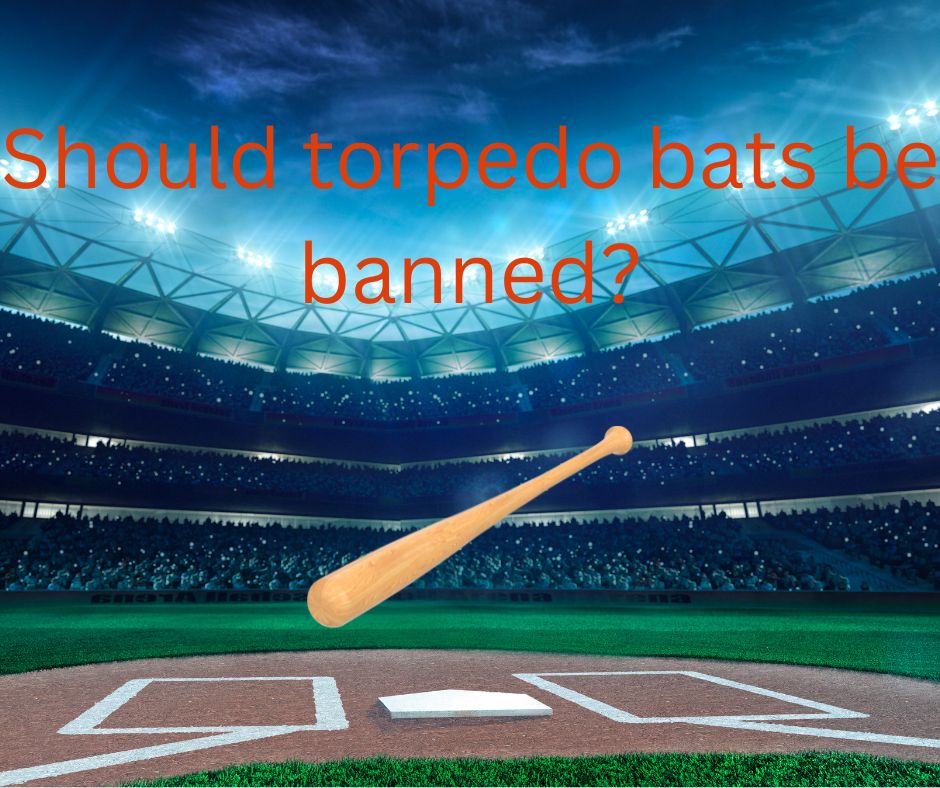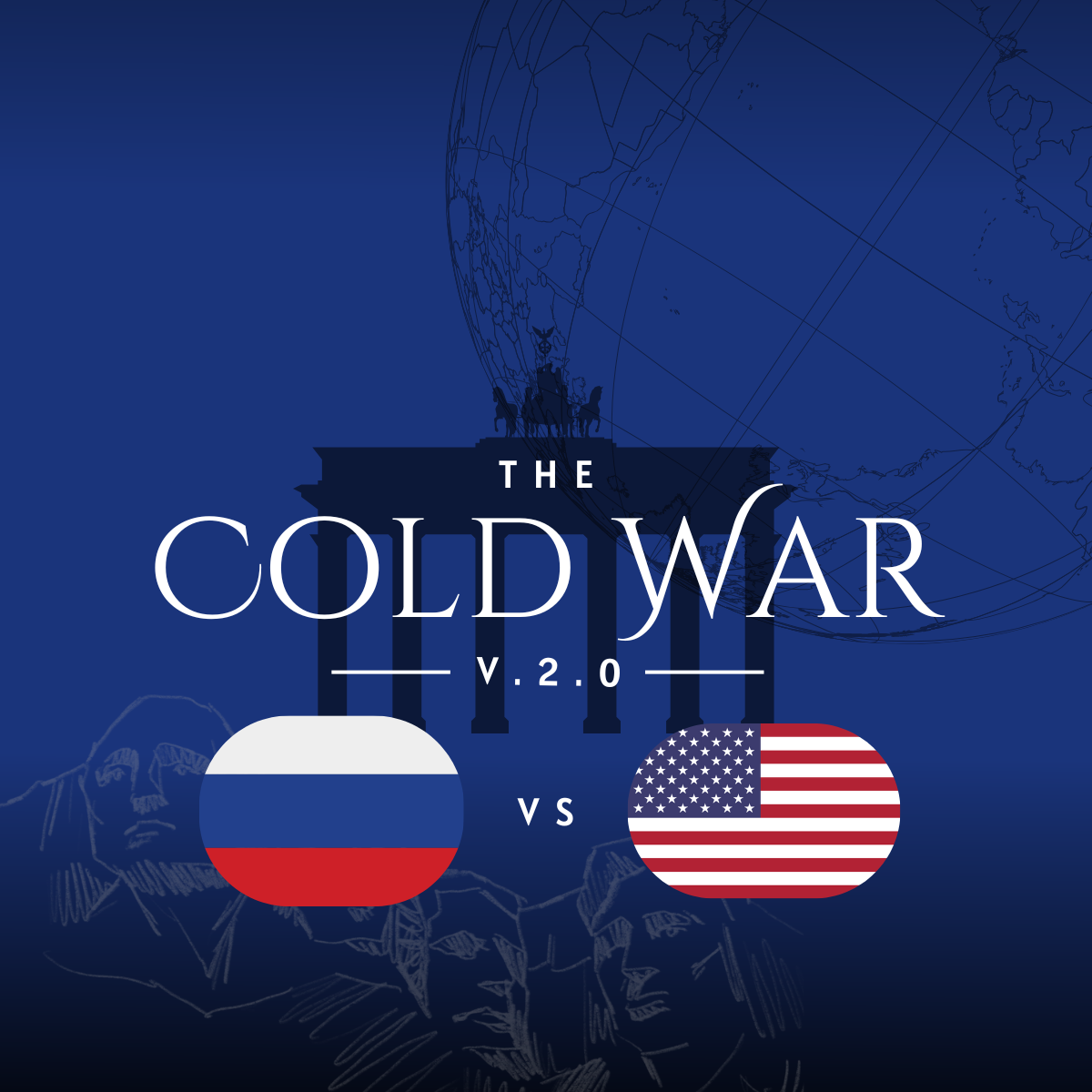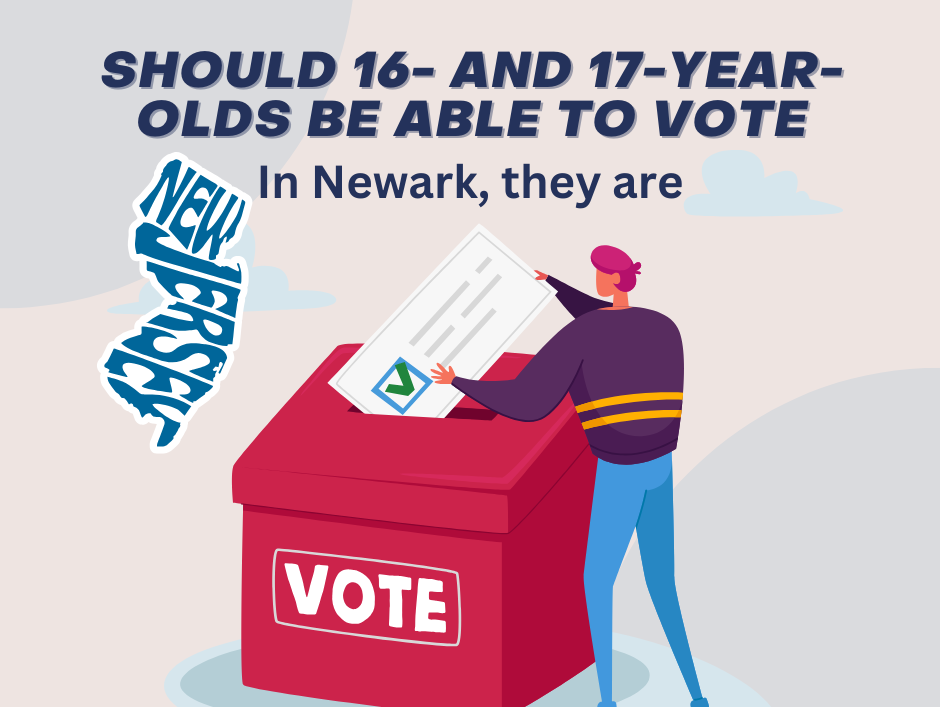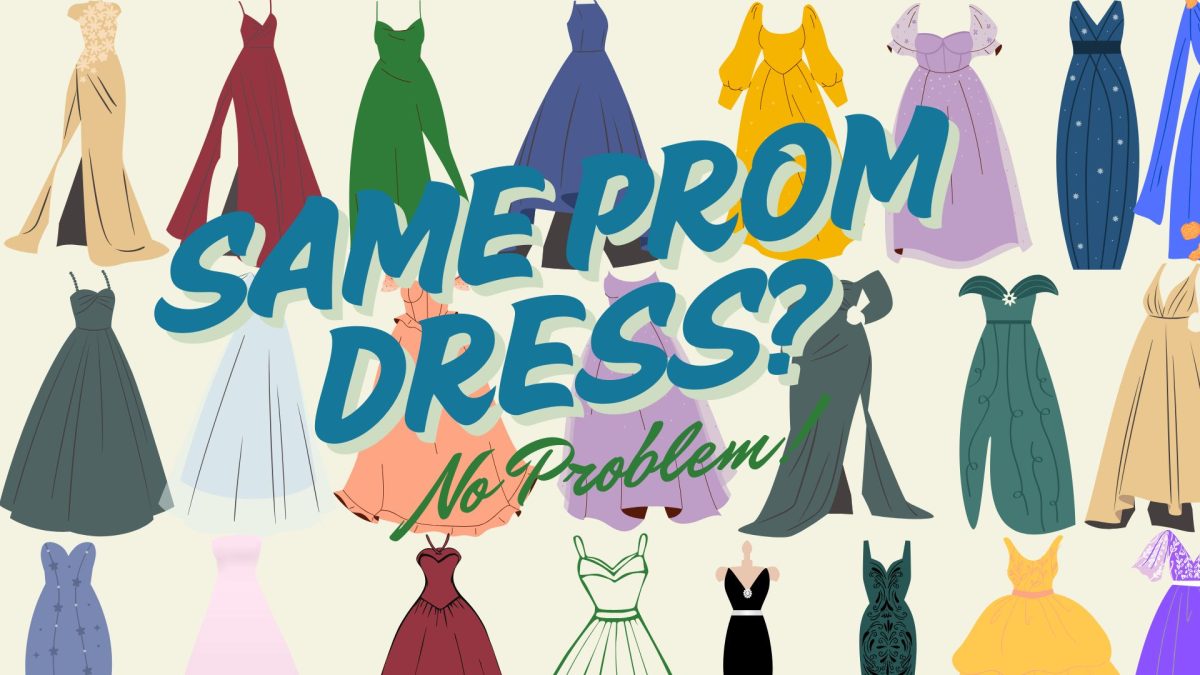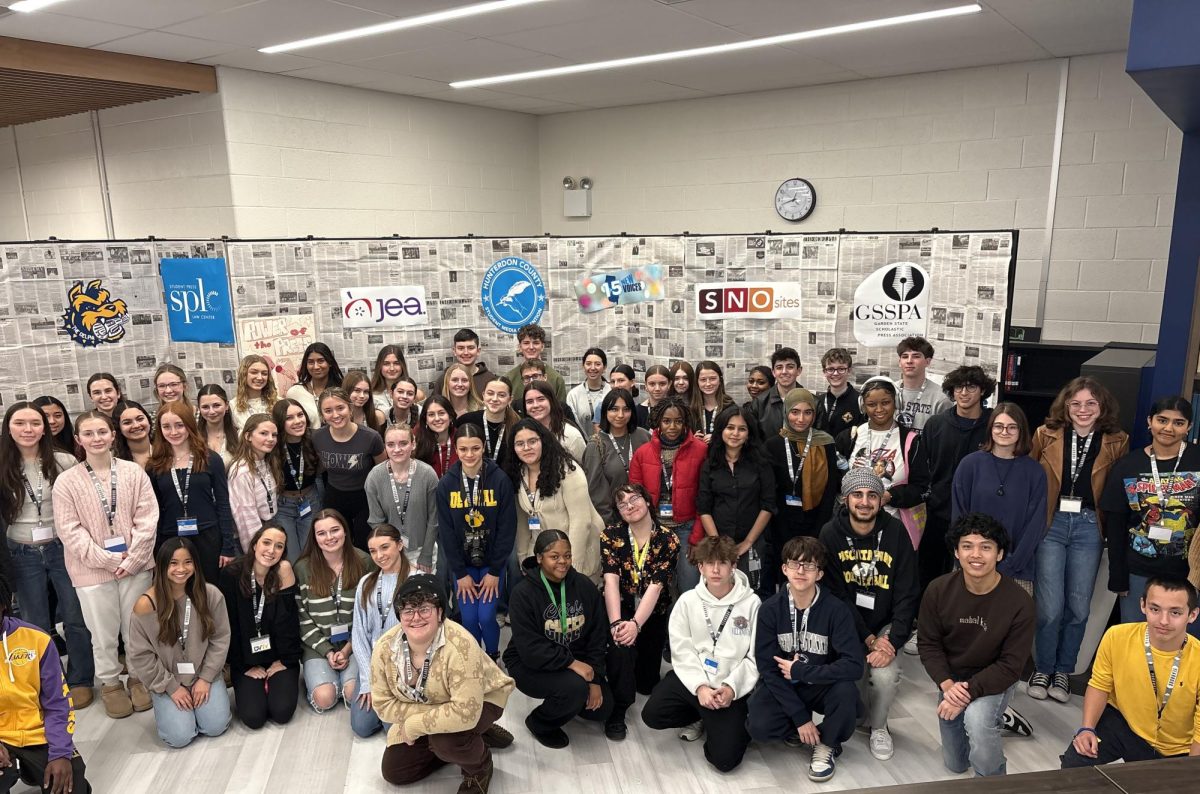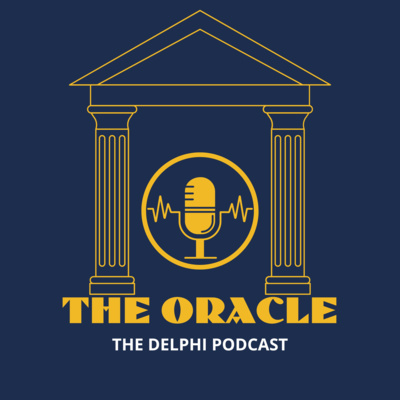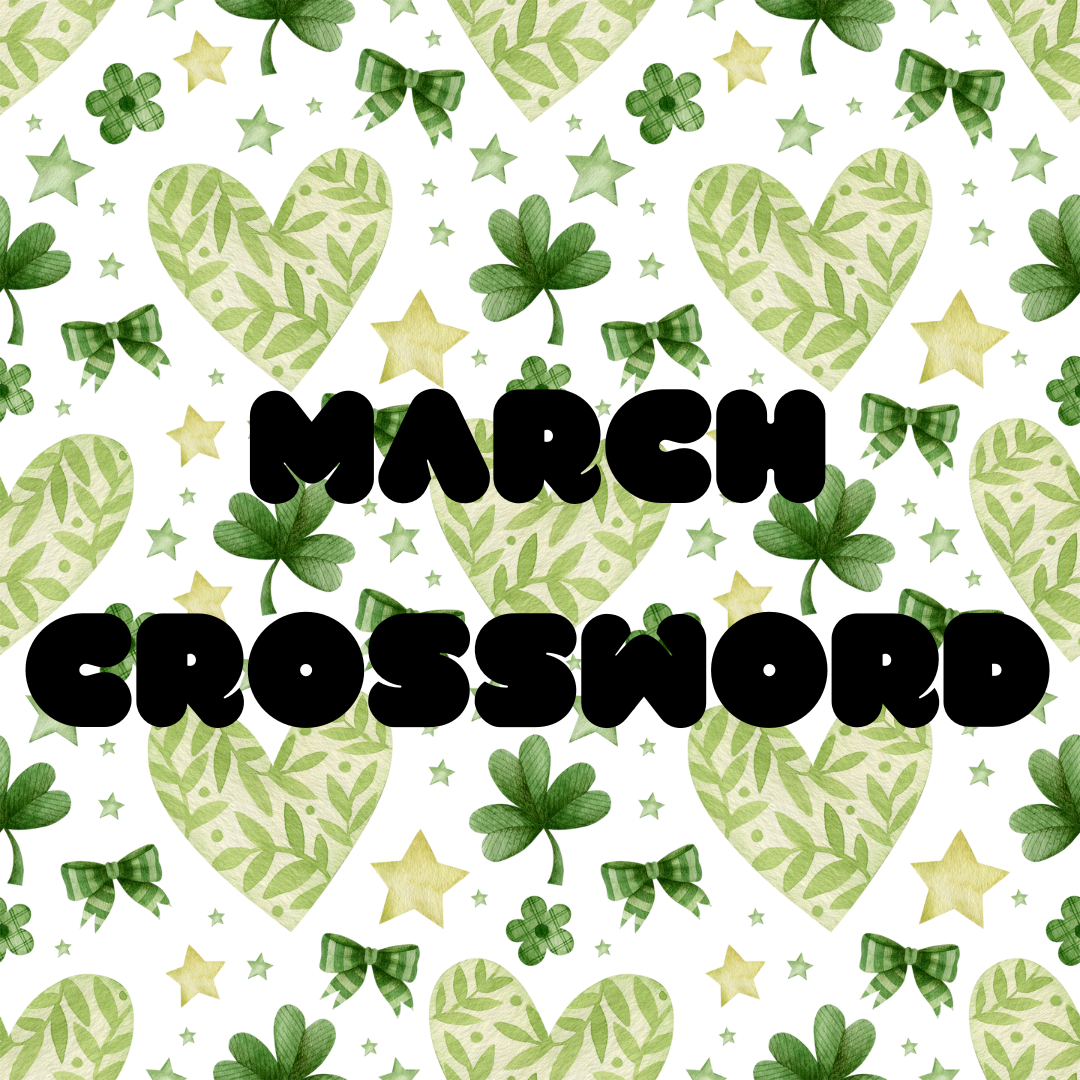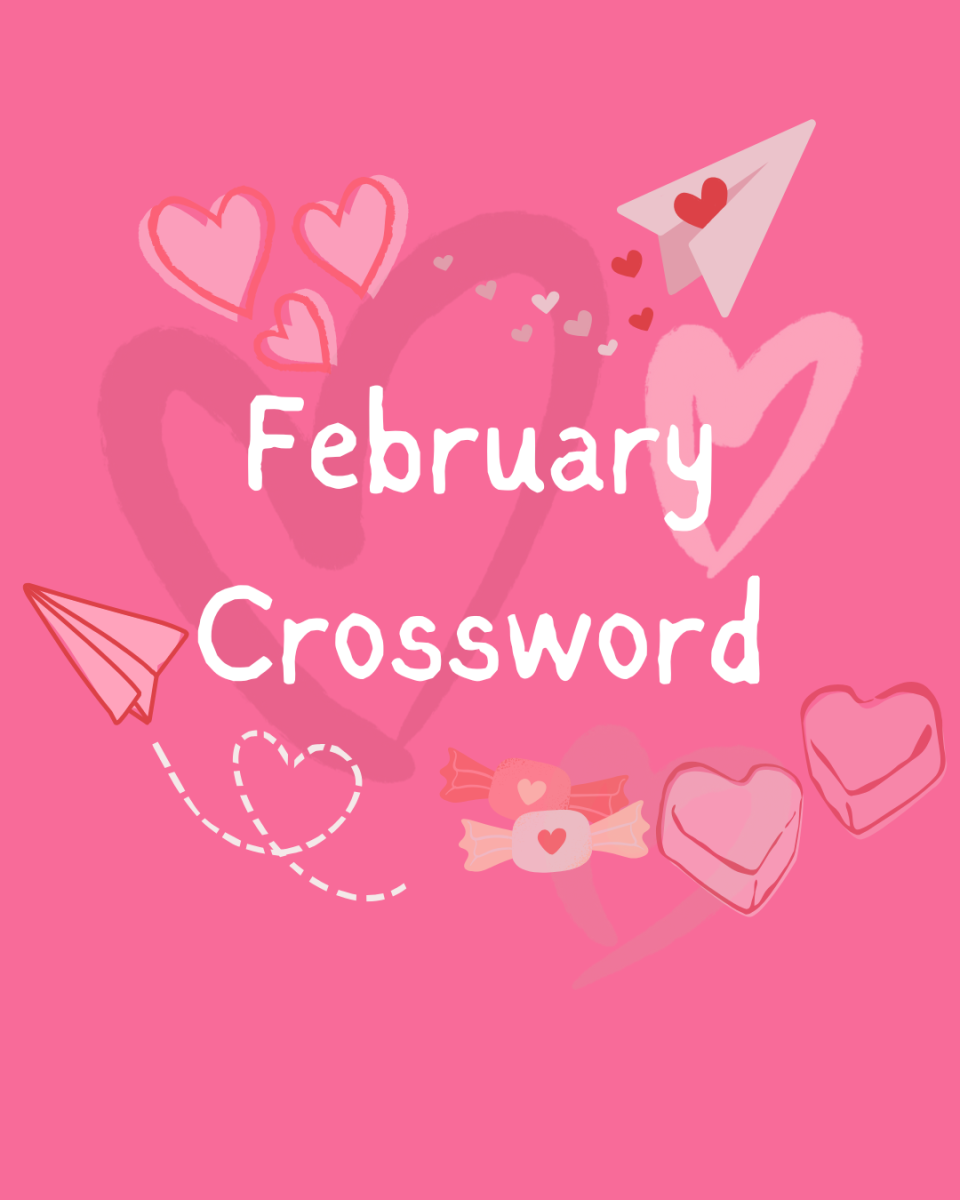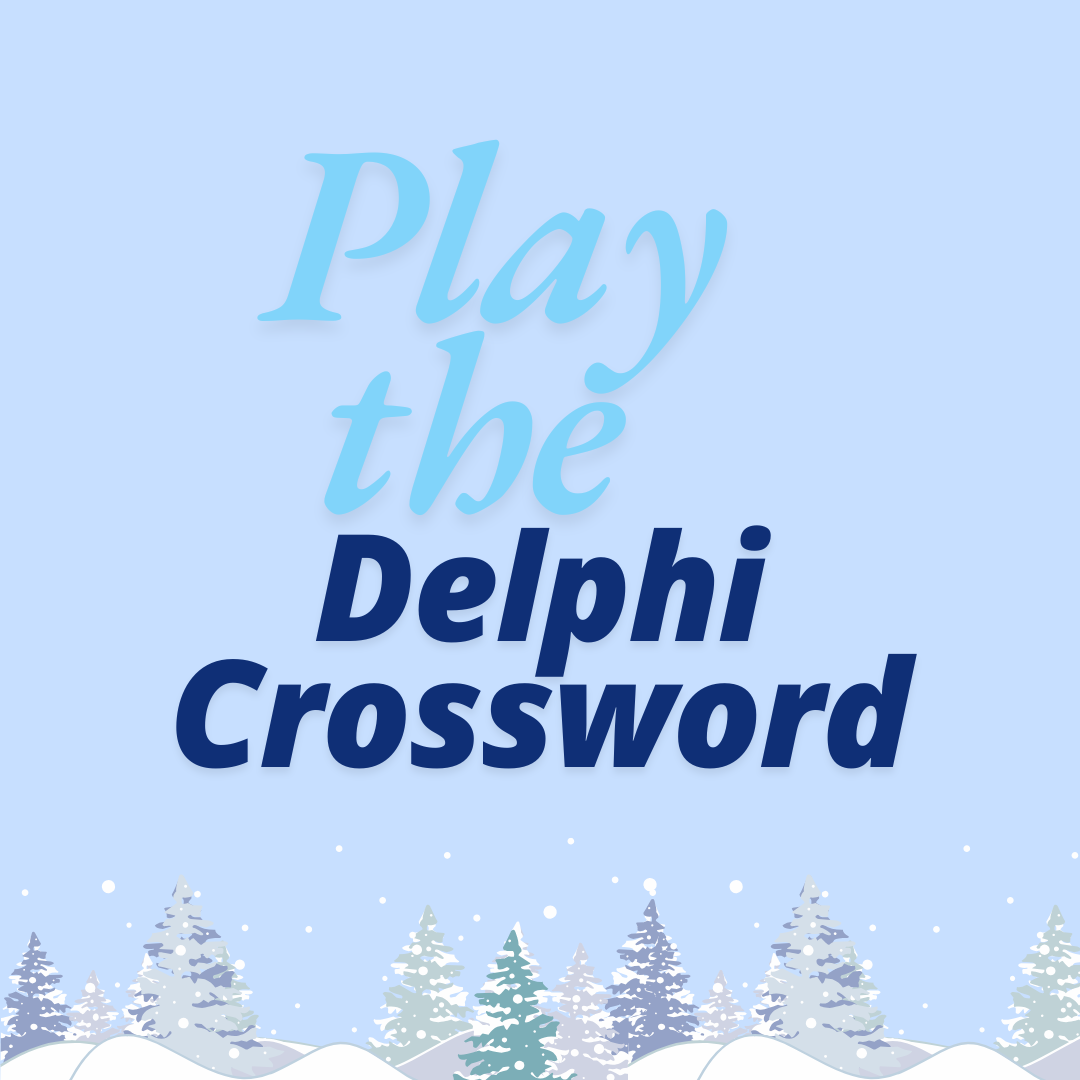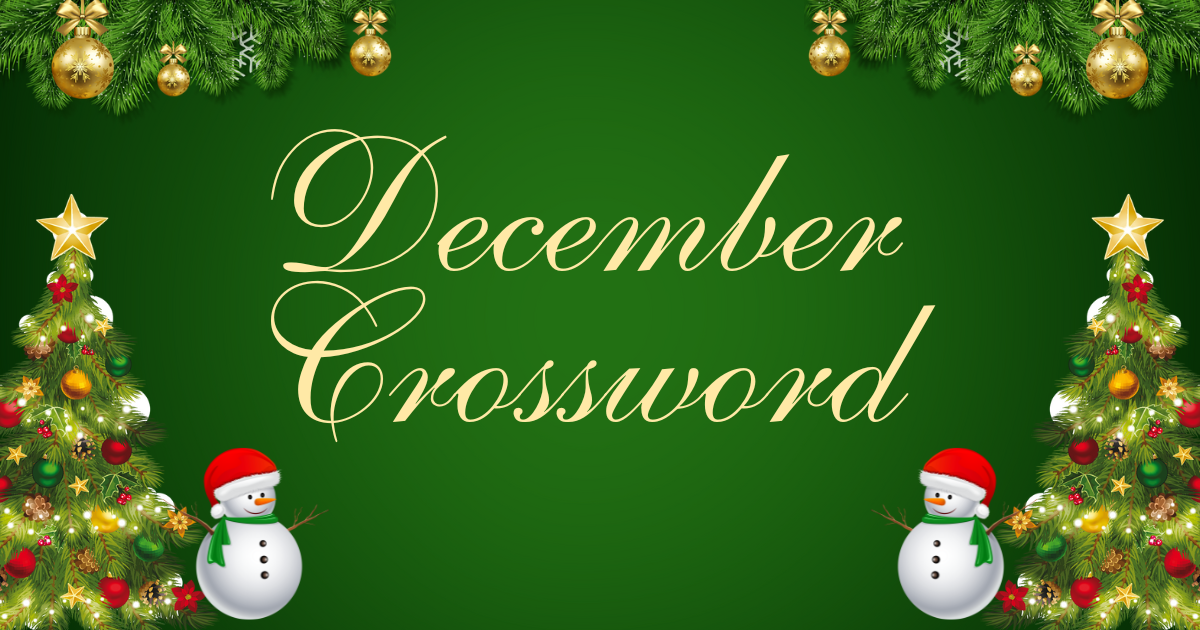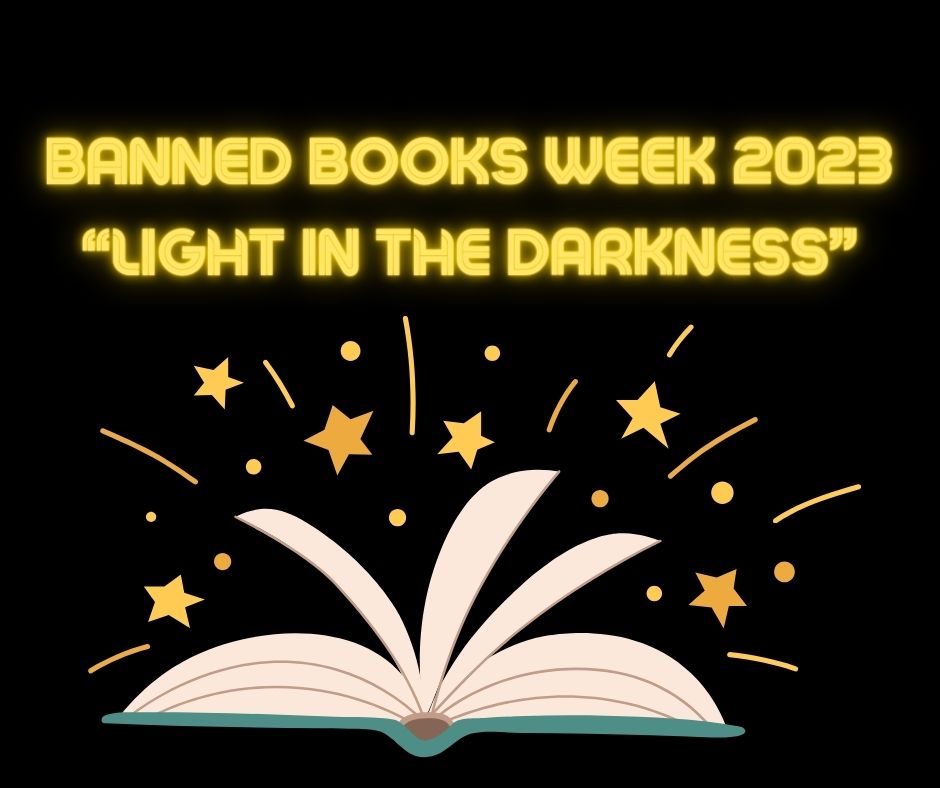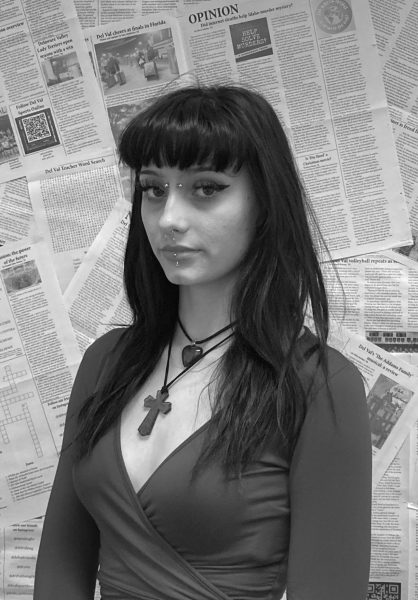Originally launched in 1982, this week marks the 41st anniversary of Banned Books Week.
Usually the last full week of September or the first of October, Banned Books Week is dedicated to spreading awareness about the extensive bans on literature around the country. This week is meant to bring cognizance to the fact that titles all around the world are being challenged, censored, banned and even burned.
In honor of the week, Del Val’s librarian and media specialist Ms. Tracy Miceli has taken on the responsibility of organizing this year’s commemoration.
When children’s books like “Charlotte’s Web” have been taken off of school libraries’ shelves, it is essential to the preservation of literature, freedom and even cognitive stability that the public participates in observing this week.
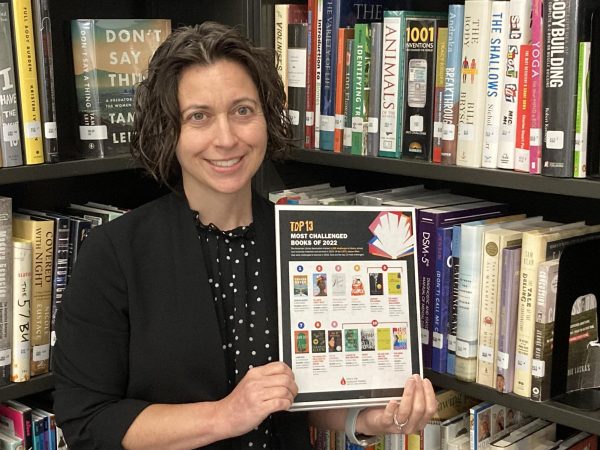
Miceli has organized a display which showcases a variety of banned books from multiple genres. Students will find that there is a well-rounded collection from Stephen King, who has had numerous novels appear on the American Library Association list of most banned books, to the Holy Bible which ranked number 52 on the top 100 most challenged books between 2010-2019.
“Nothing is unscathed,” said Miceli. “Nothing is truly ‘sacred.'”
One of the most commonly banned genres is realistic fiction. This is likely because this genre indulges in “real life” issues, which to young minds can often mean finding answers to questions they have about authentic yet delicate topics such as drugs, death and divorce.
“Realistic fiction is another way of saying, ‘The stuff that people are actually going through,’”said Miceli.
Censoring literature is harmful to students because it limits their exposure to different ideas, stifles critical thinking and hinders their intellectual growth.
“Censoring books is limiting access to knowledge and experiences,” said English teacher & supervisor Ms. Tara Civitillo.
Censorship deprives students of the opportunity to explore challenging topics and develop their own perspectives. By promoting censorship awareness, schools can ensure that students have access to a wide range of literature that encourages curiosity, empathy and open-mindedness.
Most importantly, censorship can strip juveniles of the opportunity, one they so direly need, to hear their voices in literature. No matter who you are or what you are going through, there is a book for you.
“When they can see themselves in literature, they’re not just an anomaly,” said Miceli.
However, the controversy isn’t engulfed in complete negativity. There has been postulation about whether implementing something such as a rating system similar to that of the average movie, or listing trigger warnings and disclaimers, would respect both people’s freedom to literature as well as community concerns.
“I think a rating system would give enough transparency to at least avoid libraries and schools being at fault for providing access to certain books,”said senior Joseph VeHock.
Other alternatives involve promoting open dialogue and critical thinking skills. Instead of removing books, schools should encourage open discussions, provide context and offer diverse perusal options of these texts. This approach allows individuals to make informed decisions and engage in thoughtful conversations about literature.
To help stop the banning of not just books but all expressive material that has been subjected to censorship, you can raise awareness in your community or support organizations that advocate for mental autonomy such as The Office for Intellectual Freedom and The American Library Association. Together, we can foster intellectual freedom and ensure that diverse perspectives are accessible to all who need them.
“Books often give a little bit of light in the darkness,” said Miceli.
If you would like to learn more about Banned Books Week, feel free to visit the website here.


